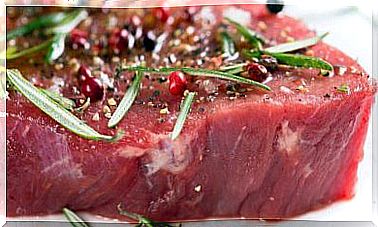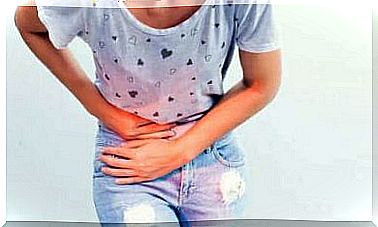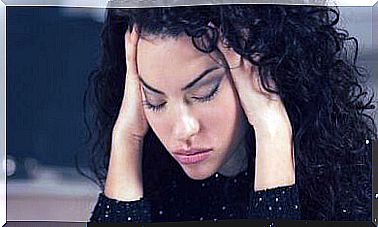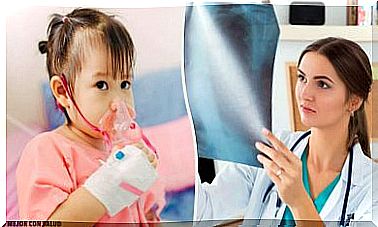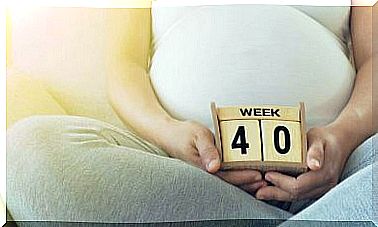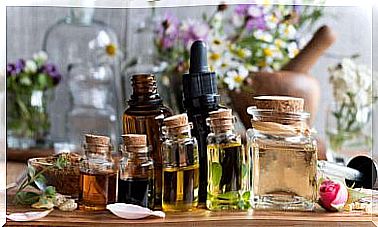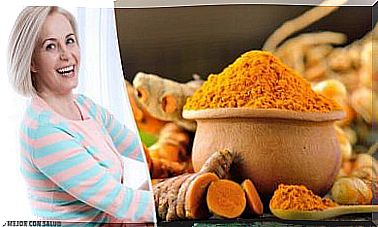How To Get Rid Of Eczema Naturally
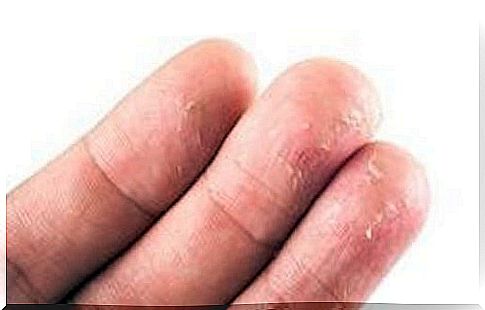
Millions of people suffer from the skin disease known as eczema. It develops as red and dry patches, which are itchy and often worsen in humid or hot environments or when the skin is exposed to the sun.
It can develop anywhere on the body. It gets worse in the summer due to chlorine in swimming pools, for example. Find out more about how to get rid of eczema naturally in this article.
Eczema: what you need to know
It is a very common problem, more than you might think. Between 15% and 30% of children in industrialized countries suffer from it and 2% to 10% of adults. Fortunately, it heals quickly in the majority of infected people.
The scientific and medical name of eczema is atopic dermatitis and reflects the immunological nature of the disease. It is more common in people who live in urban rather than rural areas and one of the hypotheses about the appearance of eczema relates to hygiene or exposure to infectious agents.
It is not contagious and people who have celiac disease (gluten intolerance) are more susceptible to it.
It is often associated with itchiness and you should be especially careful with this as scratching will make it worse and expose your skin to various infections. Scratching will only provide temporary relief, but after that, the irritation on the infected area will increase.
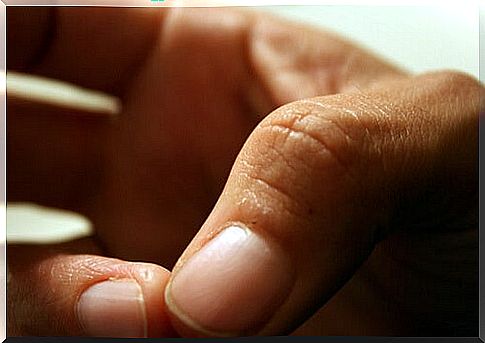
A definitive cure has not yet been found, but an outbreak can always be minimized and even prevented. It is good to know that ‘normal’ skin forms an effective barrier against pollution and other substances in the environment.
With eczema, the skin changes, allowing allergens such as dust mites, pollen and smog to penetrate. This causes consequences such as dryness, itching, inflammation and spots, which are very often confused with psoriasis.
The treatment
Currently, eczema is treated by reducing the inflammation, resolving the loss of fluid and the rapid increase of bacteria in this area. Doctors will recommend moisturizing or moisturizing creams, which you should apply after bathing or showering to help retain moisture.
Expensive medications are not necessary to treat eczema. However, they must be of the right kind, which will not cause side effects such as increased irritation or redness. You should always contact a dermatologist as they may prescribe an antihistamine.
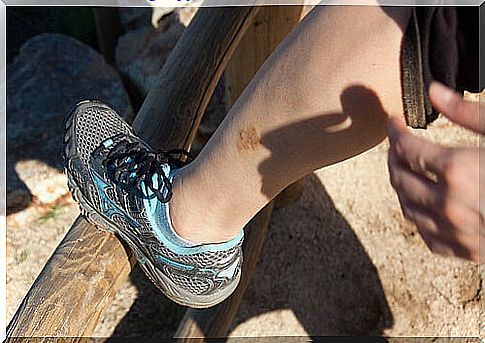
Since perspiration and excessive sweat can cause eczema, it is always a good idea to soak up some sun immediately after exercise or activities. Stress can also trigger eczema attacks on your skin, so reducing stress is very helpful.
In some cases, the disease is caused by allergies and certain foods, such as dairy products, nuts or eggs. It could be due to contact with detergents or strong detergents (such as bleach), being in contact with water all day, or too much sun exposure.
Tips for Relieving Symptoms
Keep these tips in mind so that you can treat or alleviate the problems associated with skin eczema.
Do not come into contact with detergent while washing dishes
Use latex gloves, even while mopping the floor. Do the same if you wash clothes by hand or if you use bleach as a disinfectant. You can also use hypoallergenic cleansers and stop using certain things, such as towels that have been washed with the above products.
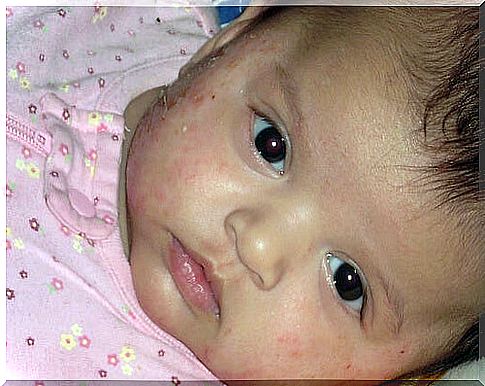
Always choose short showers over long baths
Your skin needs hydration when you have eczema, but warm water will only make the problem worse. A small amount of lukewarm water is better. Gently pat the infected area dry. Do not rub it, as this will make the eczema worse.
Avoid any type of scented soap
And shower gels too, as they can cause allergies. Always use hypoallergenic products in moderation. Try not to let the infected skin come into contact with shampoo and conditioner.
Keep your skin hydrated
If you don’t, the eczema will spread further. Apply hypoallergenic lotions a few times a day. When you leave the house, carry a small bottle in your purse or wallet.
Control itching with purchased medicine or homemade ointment
Do not scratch, as this will prevent the inflamed skin from healing. It can also spread to other parts of the body. Use ‘heavy’ creams at night to aid healing.
Images Courtesy of Niels Olson, Caitlin Regan, Bryan Chan, Shaw, Marek Isalski
